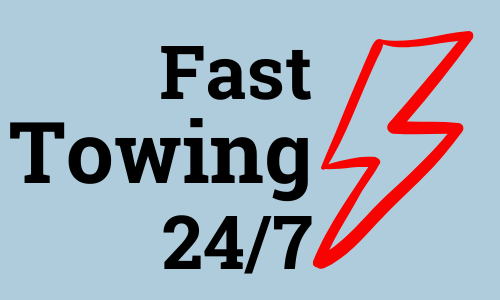No more being towed in Minnesota for unpaid parking tickets
Minnesota lawmakers are hoping a provision signed into law last week that eliminates towing vehicles with several unpaid parking tickets as a means for debt-collection will help unburden lower-income vehicle owners across the state.
The provision was part of the larger transportation policy bill helmed by Rep. Brad Tabke, DFL-Shakopee, passed by both chambers earlier this month, including a unanimous 67-0 vote in the Senate, and signed into law by Gov. Tim Walz on Wednesday.
Statute still allows vehicles to be towed for violating snow emergency regulations, blocking driveways or fire hydrants and parking in otherwise restricted areas. But eliminating collecting debt from parking tickets as a basis for towing a vehicle aims to prevent burdening people by imposing even more debt in the form of impound fees to retrieve their vehicles, Koegel said in an interview.
“When parking tickets result in the loss of a vehicle, it has immediate and negative economic outcomes that can result in job loss, and disruptions to child care and education,” she said. “So many people in Minnesota use cars to commute to work, and 30% of households in Minnesota only have one vehicle, so how could we expect people to pay back their fines when we’re taking away their way to work.”
Related | MinnPost’s massive list of what the Minnesota Legislature passed (and didn’t pass) in 2024
According to an analysis released last year by the Urban Institute that examined Minneapolis, Portland, Oregon and Austin, Texas and compared how many parking tickets were issued in 2018 and 2019 in the similarly sized cities, Minneapolis issued about 430,000 tickets during those two years – the fifth highest amount in the country. Minneapolis had the most tickets issued per resident and the highest ticket amount per resident among the three cities, totaling about $37 million.
Jenny Catchings, state policy manager for Justice Action Network, said it can cost a vehicle owner around $640 to retrieve their vehicle from an impound lot, which includes the previous parking debt and new fees incurred by the tow. In addition to how costly towing for debt collection is for lower-income residents, Catchings said the practice is ineffective as well. Catchings pointed to an audit conducted by the city of San Diego that found the city was losing about $1.5 million towing vehicles and housing them at impound lots, and 27% of vehicles were never recovered.
“A lot of the vehicles go unrecovered, which means that people who were already struggling with paying their parking tickets now lost their vehicle,” she said. “If something’s ineffective and it hurts people then it shouldn’t be a practice, and the state has so many other ways of holding drivers accountable.”
Garnishing wages and revenue recapture through withholding tax refunds are far more effective ways to collect on parking ticket debt than towing vehicles, which incur even more costs, she said.
Minnesota is a leader in legislation related to fines and fees, Catchings said, citing the proposal passed last session preventing debt-related driver’s license suspension, but her organization will continue working with lawmakers in this area.
“I think if we can continue to look for ways for people to not have their lives disrupted because of debt, that’s the direction we want to go in,” she said.
